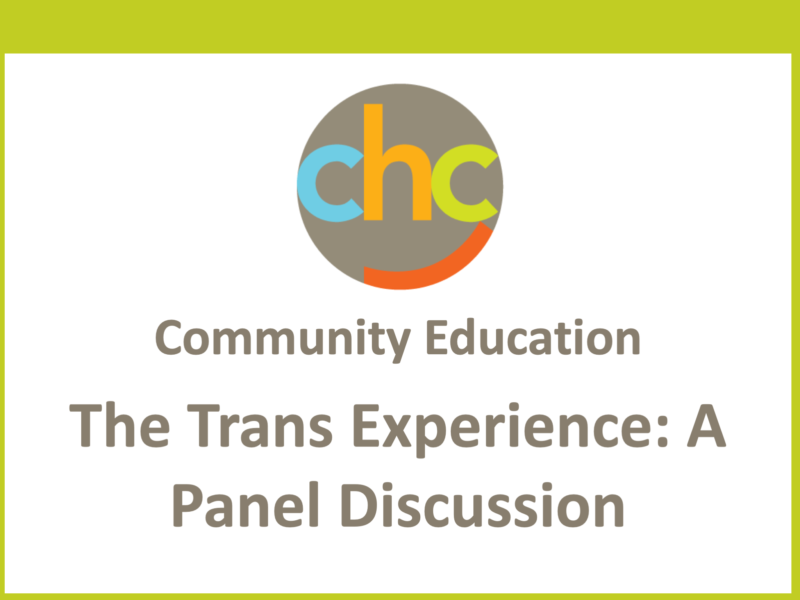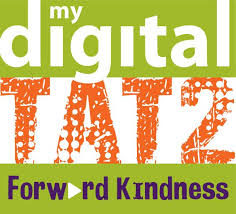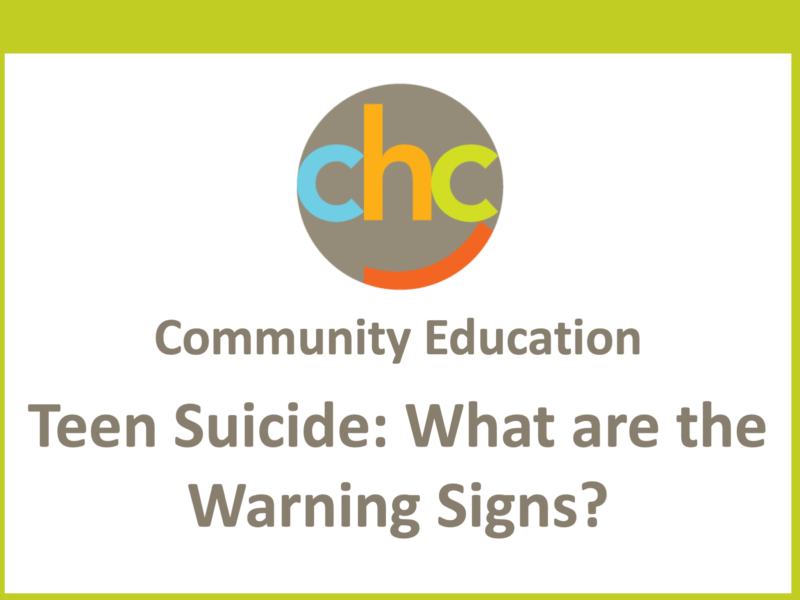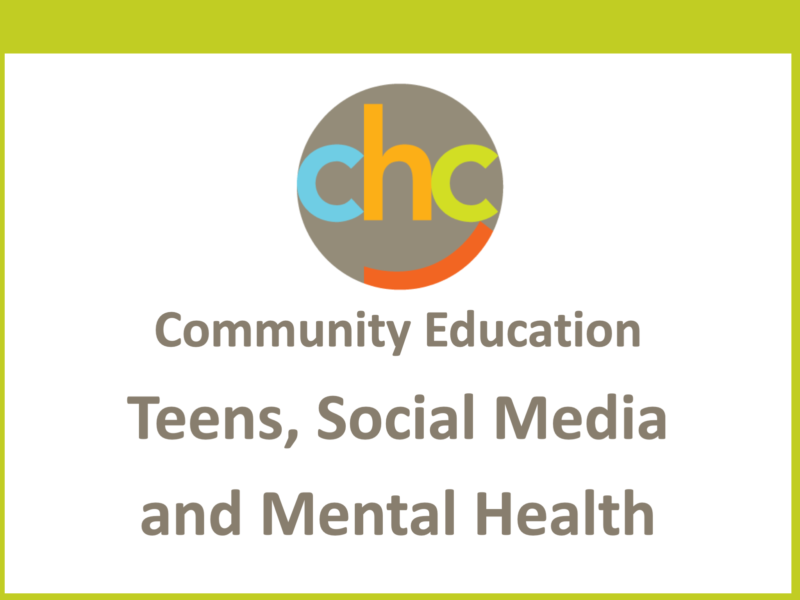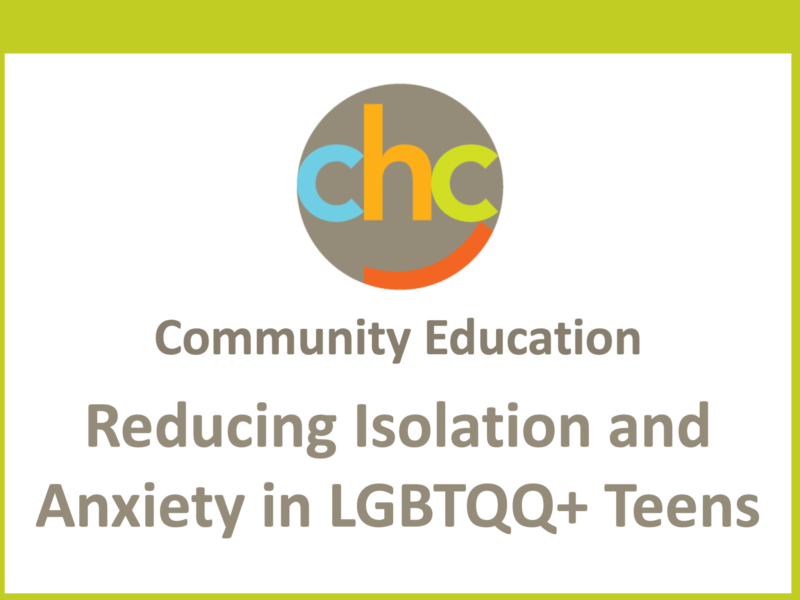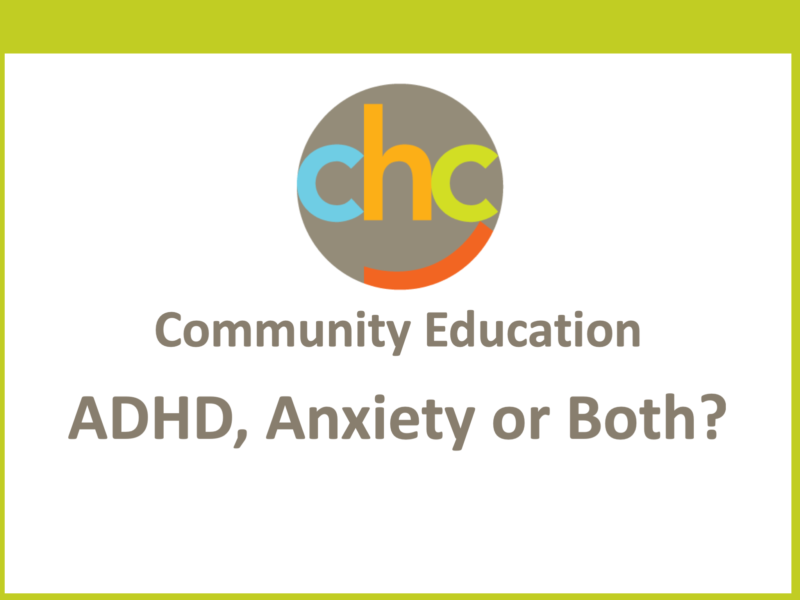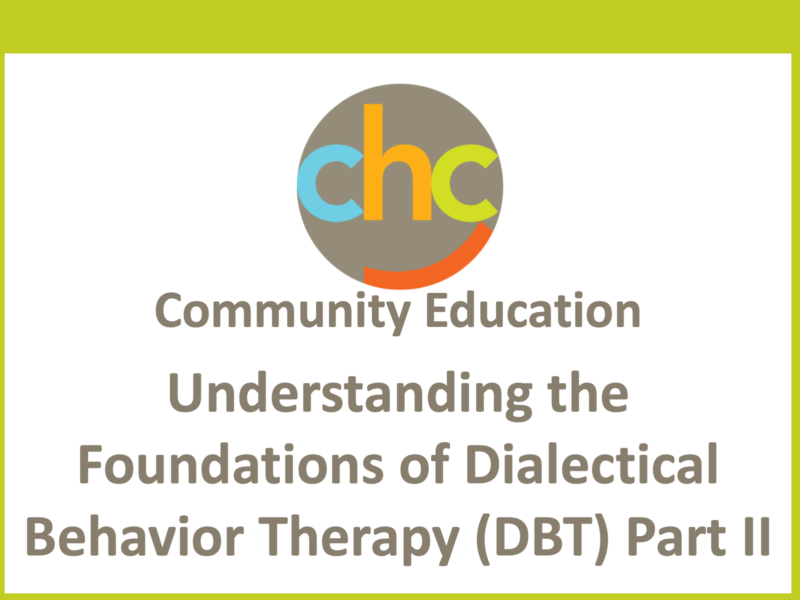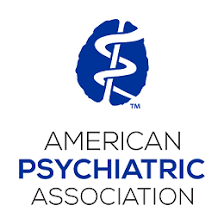
The Trauma-Informed Classroom: Creating a Safe, Supportive Learning Environment [presentation]
Trauma is an experience that impacts a student’s ability to cope–it may not even be life-threatening. In this session for educators, learn more about the strategies and tools you can use in your classroom to ensure that each student is Read more >>
